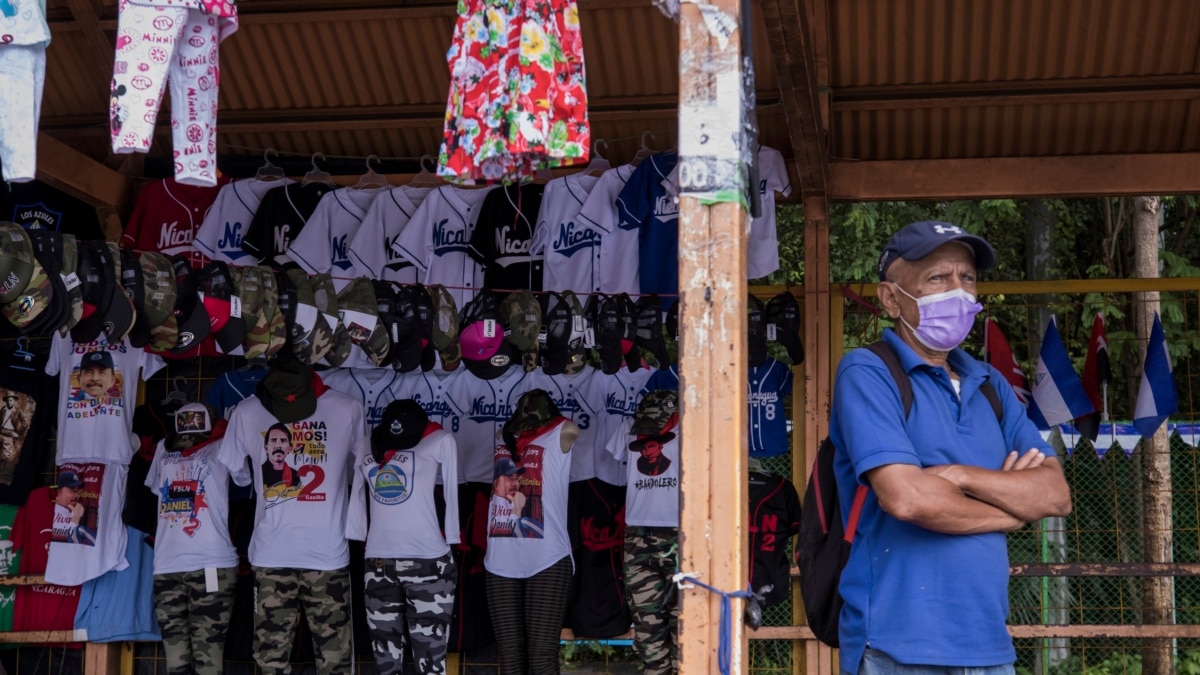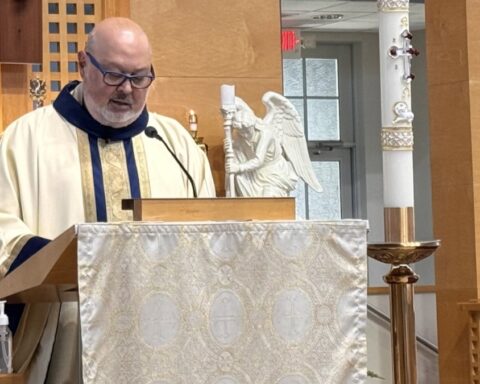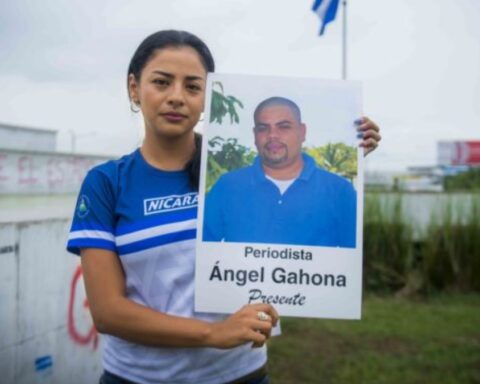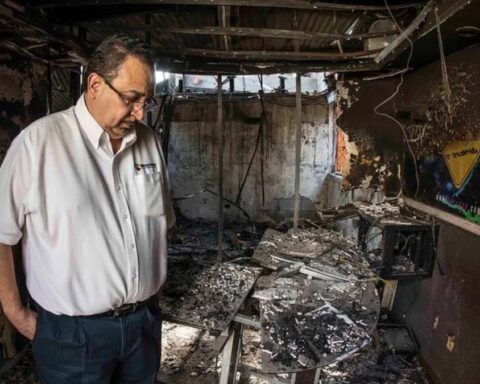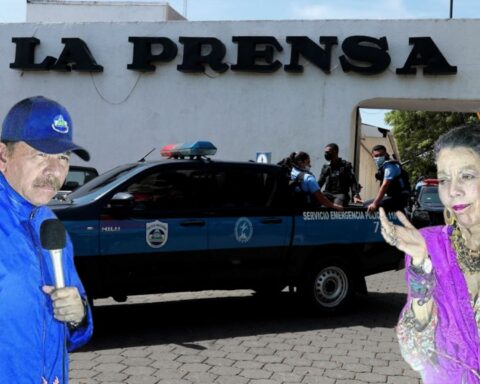An initiative to reform the National Cinematheque Law in Nicaragua has raised concern among filmmakers and professionals, who say that the government of President Daniel Ortega is seeking to control audiovisual productions in the country.
The National Cinematheque Law was created in August 2015 in order to promote “and disseminate audiovisual arts in all its aspects”, as well as the rescue, restoration, preservation and dissemination of national and international cultural materials.
But with the reform initiative, new articles would be added that give powers to the Cinematheque to be the entity that would authorize “a natural or foreigner”, to develop or not, in the national territory, audiovisual activities of any kind.
Similarly, the reform initiative establishes that the Cinematheque “may dictate preventive measures” and even “prohibit the development, exhibition and marketing of audiovisual products, as well as their confiscation.”
The Nicaraguan filmmaker, Ricardo Zambrana, exiled in Mexico, commented to the voice of america that the reform to the law, which would be approved in the National Assembly controlled by the ruling party, “will be focused on controlling everything that is audiovisual production.”
“Most countries have a cinematheque, an institution or entity that promotes national film production in their country and protects the film archive,” says Zambrana, but he says that in Nicaragua “the difference is that the cinematheque is adding powers and faculties that are not normal in the cinematheques of other countries, which already have to do with censorship”.
“They can perfectly tell you that you cannot come and produce that, they can confiscate the material that you are occupying. If you are recording something and they believe that this threatens peace, then we have all the power to seize it from you.”
A similar perspective has the Mexican journalist Edgar Hernández, recognized for having produced a documentary entitled “The Final Offensive”, which portrays the civil war in the 70s, during the Somocista dictatorship in Nicaragua.
According to Hernández, this measure did not even take place during times of war in the Central American country, as it was when he did his journalistic work.
“I want to tell you that during the Somocista dictatorship, in the final part, which is where Mexican journalists participate, there were no restrictions. In fact, a very large group of more than fifty journalists moved to Nicaragua and the truth was that there were never any restrictions,” the reporter told the VOA.
Reform will be approved in the next sessions
The reform to the Law of the Cinematheque will be approved in the next sessions by the National Assembly controlled by the ruling party, after having been ruled as “favorable” by a legislative commission.
“The registration of the entities that are going to film, that are going to have both national and foreign audiovisual material, will be ordered,” legislator Angela Espinoza of the ruling party told official media.
The new measure by the ruling party comes amid the closure of more than 50 media outlets since the return of President Daniel Ortega, according to a report presented by Independent Journalists and Communicators of Nicaragua (PCIN), in conjunction with other organizations.
Ortega has also escalated the persecution against the international press and less than a month ago he banned the broadcast of CNN en Español, after accusing the chain of “violating national sovereignty” in Nicaragua, which has been experiencing a serious political crisis since 2018.
Connect with the Voice of America! Subscribe to our channel Youtube and turn on notifications, or follow us on social media: Facebook, Twitter and Instagram

